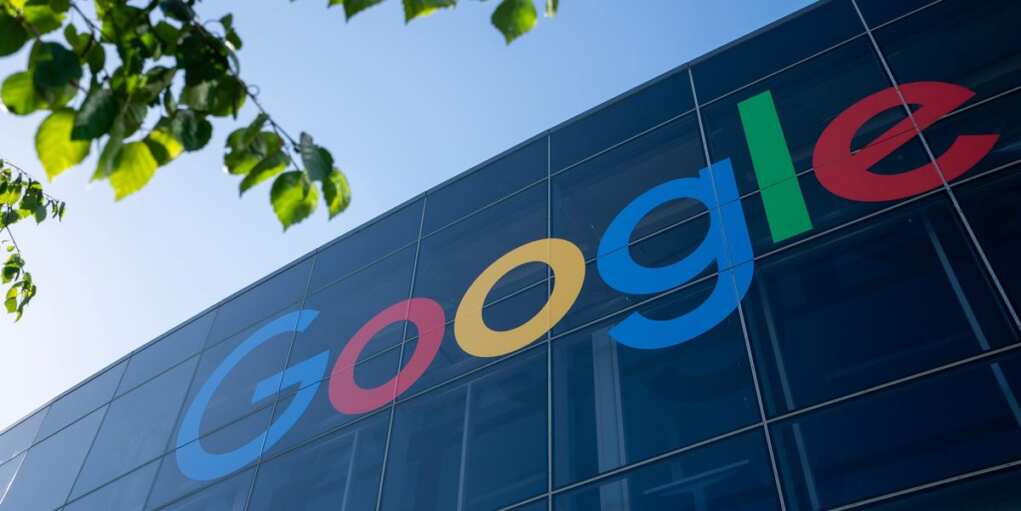Google’s Hollywood AI Push Raises Eyebrows

Google is rolling out a new propaganda campaign—but this time, it’s not on your search results page. Instead, the tech giant is pouring money into Hollywood to reshape public opinion about artificial intelligence through a glossy short film series called “AI on Screen.”
Partnering with Range Media Partners in Santa Monica, Google is funding films that cast AI in a much friendlier light than the machines-gone-wild narratives Hollywood typically churns out. Remember Terminator? That’s not the image Google wants in your head.
Two films are already in production. One, Sweetwater, directed by Michael Keaton and written by his son Sean Douglas, tells the story of a man who reconnects with a hologram of his deceased celebrity mother. The other, Lucid, is a tech-infused romance about a couple escaping reality through shared dreams via a high-tech device. Neither sounds like Skynet’s rise—and that’s the point.
Google claims it’s not making commercials for AI, but rather exploring “the coexistence of humans and technology.” But critics see it differently: a coordinated attempt to soften the image of a powerful technology that’s raised deep concerns across the political and cultural spectrum.
In fact, Google’s move comes just as the public’s trust in AI hits a wall. According to a 2024 survey from Bentley University and Gallup, over half of Americans think AI does as much harm as good, and nearly a third believe it does more harm than good. That’s a perception problem—and for Google, which is heavily invested in AI products, it’s a bottom-line problem too.
As other companies like OpenAI, Apple, Meta, and Anthropic flood the market with AI tools, Google needs more than flashy products. It needs public buy-in. And what better way to sell something than by wrapping it in a feel-good Hollywood tale with familiar stars and big-budget production?
But the PR push isn’t limited to film. Google and other AI players have quietly funded museum exhibits, art installations, and university programs to paint a rosier picture of their technologies. It’s all part of a wider strategy: flood the culture with pro-AI content before the backlash sets in.
Ironically, this comes as Hollywood continues to pump out stories warning of AI’s dangers—recent examples include M3GAN and Afraid. And let’s not forget the recent Hollywood strikes, where actors and writers drew the line against AI replicating their work without consent or compensation.
Google’s film push adds another wrinkle to the fight over who controls the AI narrative. It’s one thing for a company to advertise its products. It’s another to use cultural storytelling—traditionally a check on corporate power—to subtly reframe the public’s moral understanding of a technology with massive implications.
And let’s not ignore the timing. With the rise of surveillance tech, deepfakes, AI-generated news content, and automated censorship, many Americans are already wary of tech giants holding too much power. Turning to Hollywood to polish AI’s image feels less like art and more like indoctrination.
Will it work? That remains to be seen. But if history is any guide, Americans don’t like being sold a narrative—especially by the same Silicon Valley giants that have already lost their trust.
Google’s propaganda gamble is clear: remake AI’s image before the backlash becomes irreversible. The question is whether viewers will swallow it—or hit eject.

